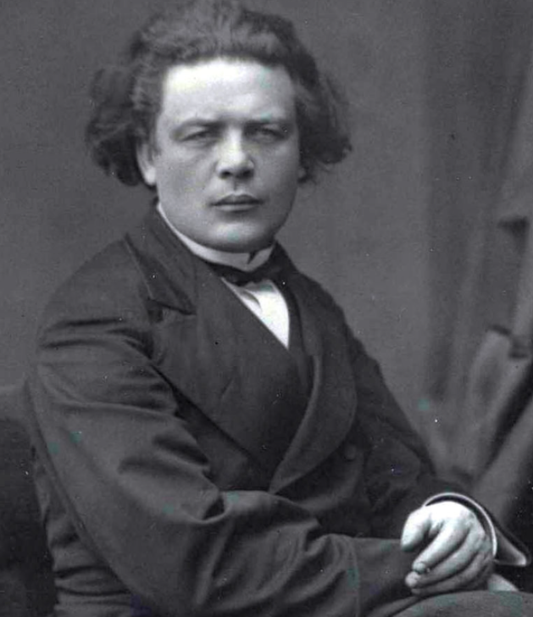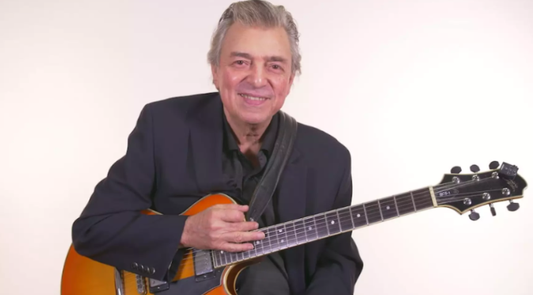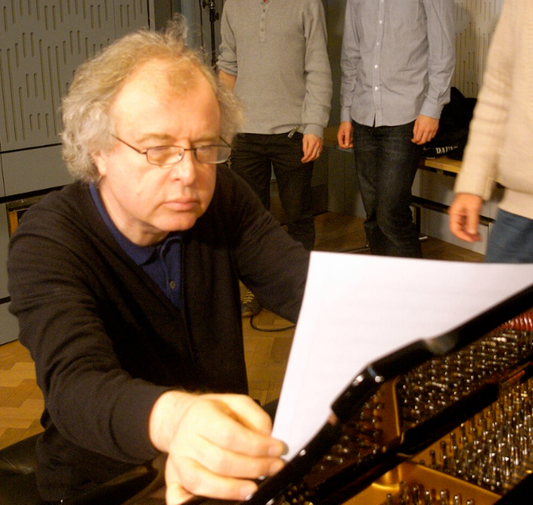Collection: CHARLES IVES (1874–1954)
Charles Ives (1874–1954) was an American composer whose innovative and experimental approach to music made him one of the most influential figures in 20th-century classical music. His compositions, often ahead of their time, incorporated polytonality, polyrhythm, and unconventional harmonies, earning him recognition as a pioneer of modernist music.
Born on October 20, 1874, in Danbury, Connecticut, Ives was deeply influenced by his father, George Ives, a bandleader and music teacher. George encouraged his son to explore unconventional musical techniques, such as playing in multiple keys simultaneously. This early exposure to musical experimentation shaped Ives’s unique compositional style.
Ives began composing at a young age and became a church organist by the time he was 14. He later attended Yale University, where he studied under Horatio Parker, a respected composer and professor. While at Yale, Ives composed traditional works to satisfy academic expectations but continued to develop his own experimental ideas.
After graduating in 1898, Ives pursued a career in the insurance industry, founding the successful firm Ives & Myrick. His work in insurance allowed him financial independence, enabling him to compose without commercial pressures. He viewed his business career as a valuable human experience that enriched his music.
Ives’s compositions often reflected American themes, incorporating hymns, patriotic songs, and folk melodies. His works, such as Three Places in New England and The Unanswered Question, showcased his ability to blend traditional and avant-garde elements. His Concord Sonata, inspired by transcendentalist writers, remains one of his most celebrated piano works.
Despite his groundbreaking ideas, Ives’s music was largely ignored during his early career. Many of his compositions remained unpublished or unperformed for years. However, in the 1940s, his work gained recognition, and in 1947, he was awarded the Pulitzer Prize for his Third Symphony.
Ives’s health declined in his later years, and he stopped composing in the 1920s due to chronic illness. He passed away on May 19, 1954, in New York City. Today, he is regarded as one of America’s most original composers, whose visionary approach to music paved the way for future generations.









